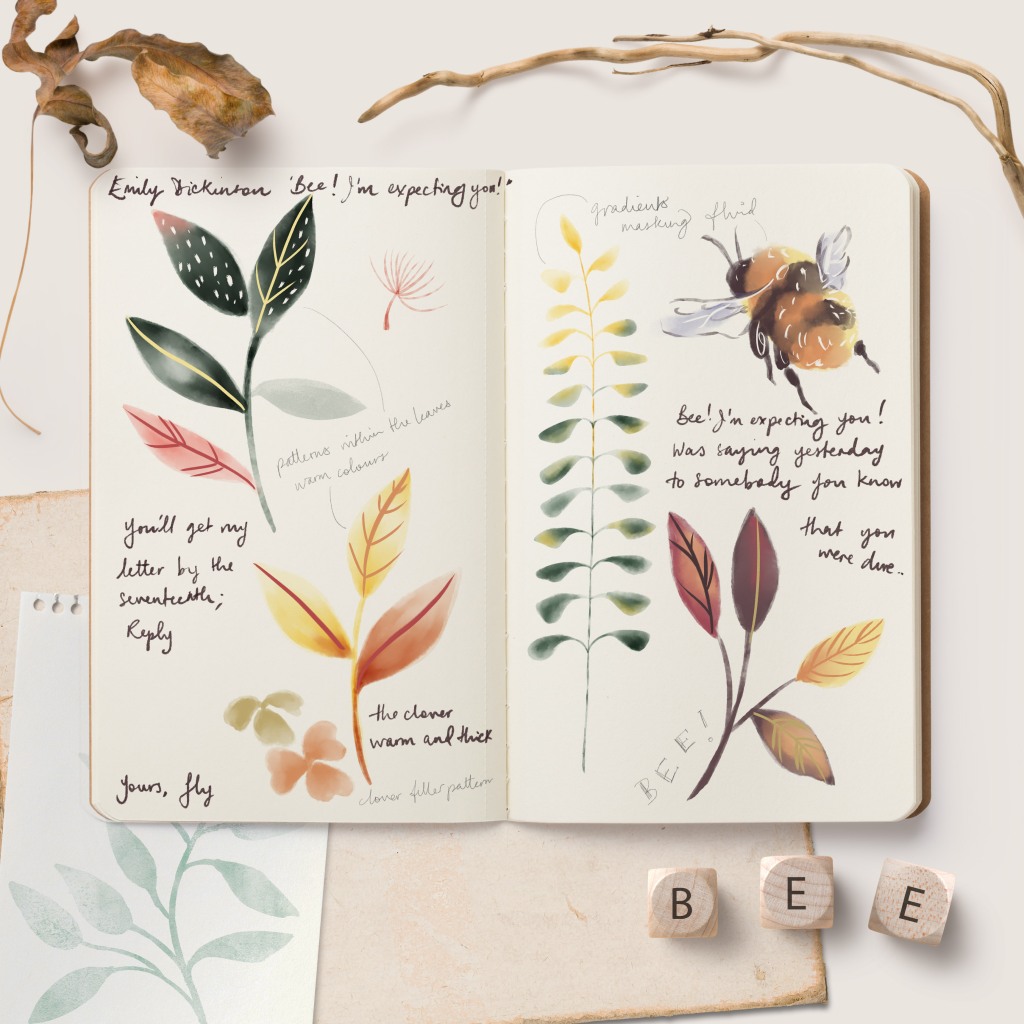
Hello there!
Welcome to the first edition of this blog.
For a little while now I’ve been getting more and more worried about climate change, and I know I’m not alone in that. I’m worried about the planet, but I’m also worried — ironically — about how worried I am. I’m worried that my anxiousness might make me disengaging from the issue, or make me engage a LOT and then burn out.
This newsletter is about finding a more hopeful approach to the climate crisis that doesn’t minimise its seriousness. Once a week (maybe once a fortnight if I’m honest) I’ll be sharing things that are helping me right now — stories, thoughts, tools and tips drawn from history, literature, art, and politics. The goal is to feel more powerful, more resilient, and more in control.
At the very least, it might be nice to get something in your inbox that isn’t adding to your to-do list. If you know anyone that might be interested in this, maybe give it a forward!
This week, I wanted to share this poem by Emily Dickinson. You’ll find a little about why I love it below.
To make a prairie it takes a clover and one bee, One clover, and a bee. And reverie. The reverie alone will do, If bees are few.
Very rarely, a poem written centuries ago feels like it was written for us today. Emily Dickinson died in 1886, and had no way of knowing bees would ever be as ‘few’ as they are. Whatever Dickinson’s intentions, it’s impossible not to read this as a poem about the climate and biodiversity crises.
This poem, when I first stumbled on it, felt like a reassurance offered across time. It reminded me that most of solutions to climate change are already in our hands.
Climate change is part of what Geoff Mulgan calls a ‘crisis of the imagination’ — he argues that it’s easier to imagine the end of the world than the end of our current lifestyles. I take ‘reverie’ here to mean ‘daydreaming’, which if Mulgan is right, might be about to become a survival-skill.
Why did Dickinson choose a clover and why a bee? The bee is the obvious one — pollination etc. Clovers have been considered lucky by farmers for centuries because of how they trap nitrogen from the air, improving soil fertility long before artificial fertilisers.
Not long after reading this poem however, the clover and the bee both took on new meaning for me. Last year I moved to the Netherlands, where my university assigned me a ‘buddy’ to bring me food during my self-isolation. Along with pesto and pasta, this buddy brought me a four-leaf clover they had found that day. That person ended up becoming one of my closest friends, and the absolute highlight of my year abroad.
The clover — pressed in a book — did not survive my return journey to the UK, although I’m confident our friendship will. I’ve just moved in with another friend who gave me a mug with bees on it for my last birthday.
Clovers, bees, books, tea, friends, reveries — these are the things I’m holding close at the moment. It’s from things like these I am making my prairie.
First time reader?
This is a semi-regular newsletter by Matt Sowerby, a storyteller and poet. Subscribe to start receiving little parcels of hope (in the form of stories, thoughts, tools and tips) delivered to your inbox, drawing on history, literature, art, and politics. 🙂